Premium Quality from Global Agricultural Leaders
Our premium soybean portfolio represents the finest selection from the world's three largest producing regions: the United States, Brazil, and Argentina. These countries collectively account for the vast majority of global soybean supply, ensuring consistent availability and exceptional quality for our customers across China, Vietnam, Thailand, and Malaysia. Each shipment is carefully sourced from certified suppliers who meet international standards for both conventional and organic soybean production.
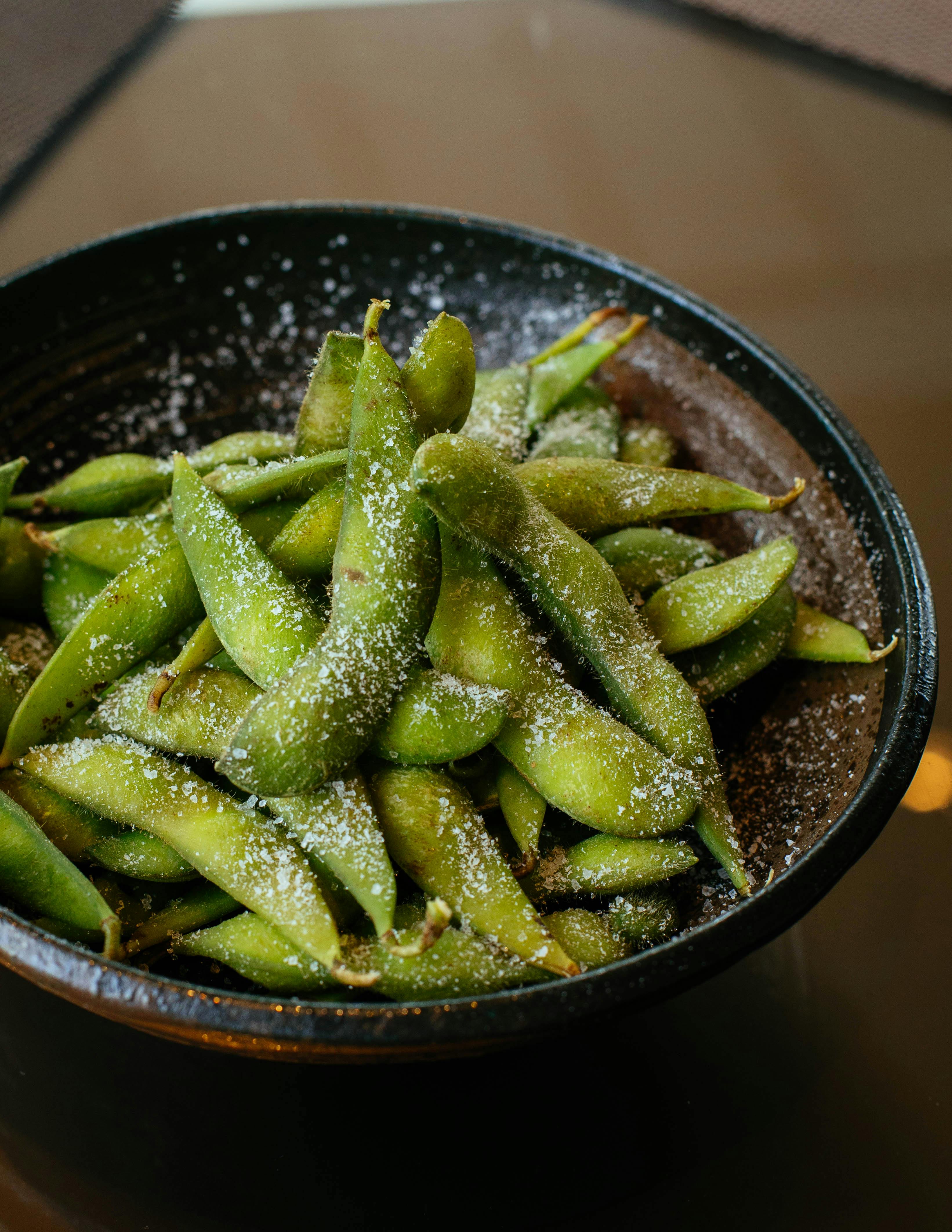
Rich Heritage: From Ancient China to Global Commodity
Soybeans hold a distinguished place in agricultural history, with their origins deeply rooted in Chinese civilization. Domesticated in China around the 11th century B.C., soybeans became a cornerstone of East Asian culture and nutrition, making them one of humanity's oldest cultivated crops. For thousands of years, soybeans and their derivatives—including tofu, soy sauce, miso, and tempeh—have been integral to Chinese, Japanese, and Korean cuisine, as well as traditional medicine practices across Asia.
The global journey of soybeans began when they were introduced to the United States around 1765, initially referred to as Chinese vetches. By the mid-20th century, soybeans had evolved into a crucial crop in the United States, particularly in the South and Midwest regions, before expanding to become one of the world's most important agricultural commodities. This transformation from ancient Asian staple to global protein powerhouse demonstrates the remarkable adaptability and value of this exceptional legume.
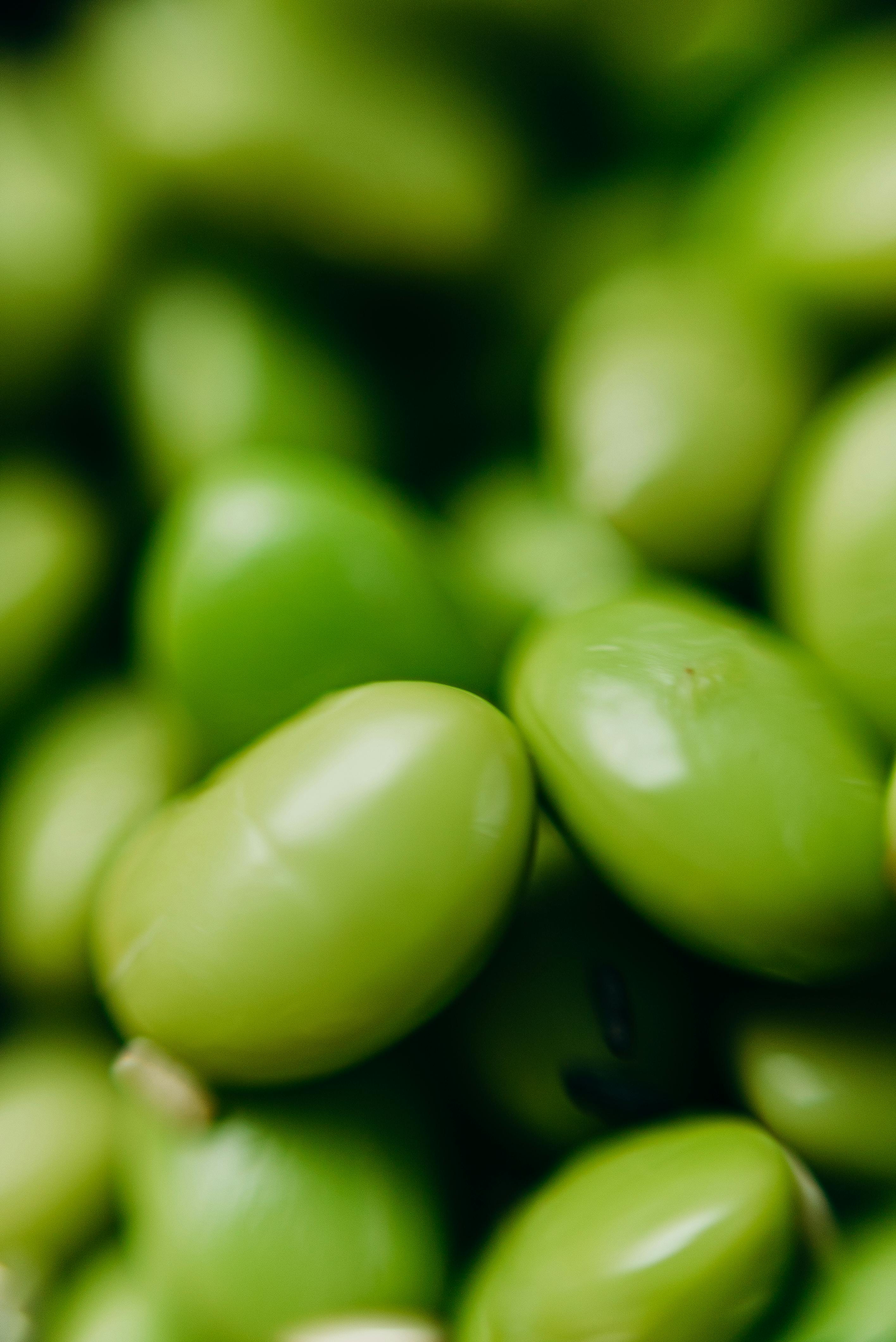
Diverse Varieties for Specialized Applications
Our soybean selection encompasses the full spectrum of available varieties, each offering unique characteristics for specific applications. While yellow soybeans remain the most common variety globally, we also supply green soybeans (edamame), brown varieties, and black soybeans, each serving distinct culinary and industrial purposes.
Yellow Soybeans: The backbone of global soybean trade, these varieties offer optimal protein and oil content for processing into meal, oil, and protein concentrates. Different cultivars vary in size, protein content, fat content, and suitability for specific industrial applications.
Green Soybeans (Edamame): Harvested at an immature stage, these soybeans are consumed as a fresh vegetable, offering sweet flavor and tender texture. Particularly popular in Asian markets, edamame represents a premium product category with growing global demand.
Black Soybeans: Traditionally used in East Asian cuisine and traditional medicine, black soybeans offer unique flavor profiles and are often incorporated into specialty food products, health supplements, and traditional remedy preparations.
Brown Soybeans: These varieties provide distinctive characteristics for specific processing applications and regional culinary preferences, particularly in specialized Asian food markets.

Conventional and Organic Options
We offer both conventional and organic soybean varieties to meet diverse market demands and regulatory requirements across our target markets.
Conventional Soybeans: Our conventional varieties may include crops grown using synthetic fertilizers, herbicides, and pesticides when necessary for optimal yield and quality. Some conventional soybeans utilize genetically modified seeds designed to enhance yield, improve disease resistance, or optimize nutritional profiles. These varieties offer cost-effective solutions for large-scale industrial applications while maintaining consistent quality standards.
Organic Soybeans: Cultivated following strict organic farming standards, our organic soybeans are produced without synthetic fertilizers, pesticides, or herbicides. These varieties are prohibited from using genetically modified seeds and follow environmentally sustainable cultivation practices that promote soil health and biodiversity. Organic soybeans often offer enhanced nutritional profiles with potentially higher protein content and lower saturated fat levels, making them ideal for premium food applications and health-conscious consumer markets.
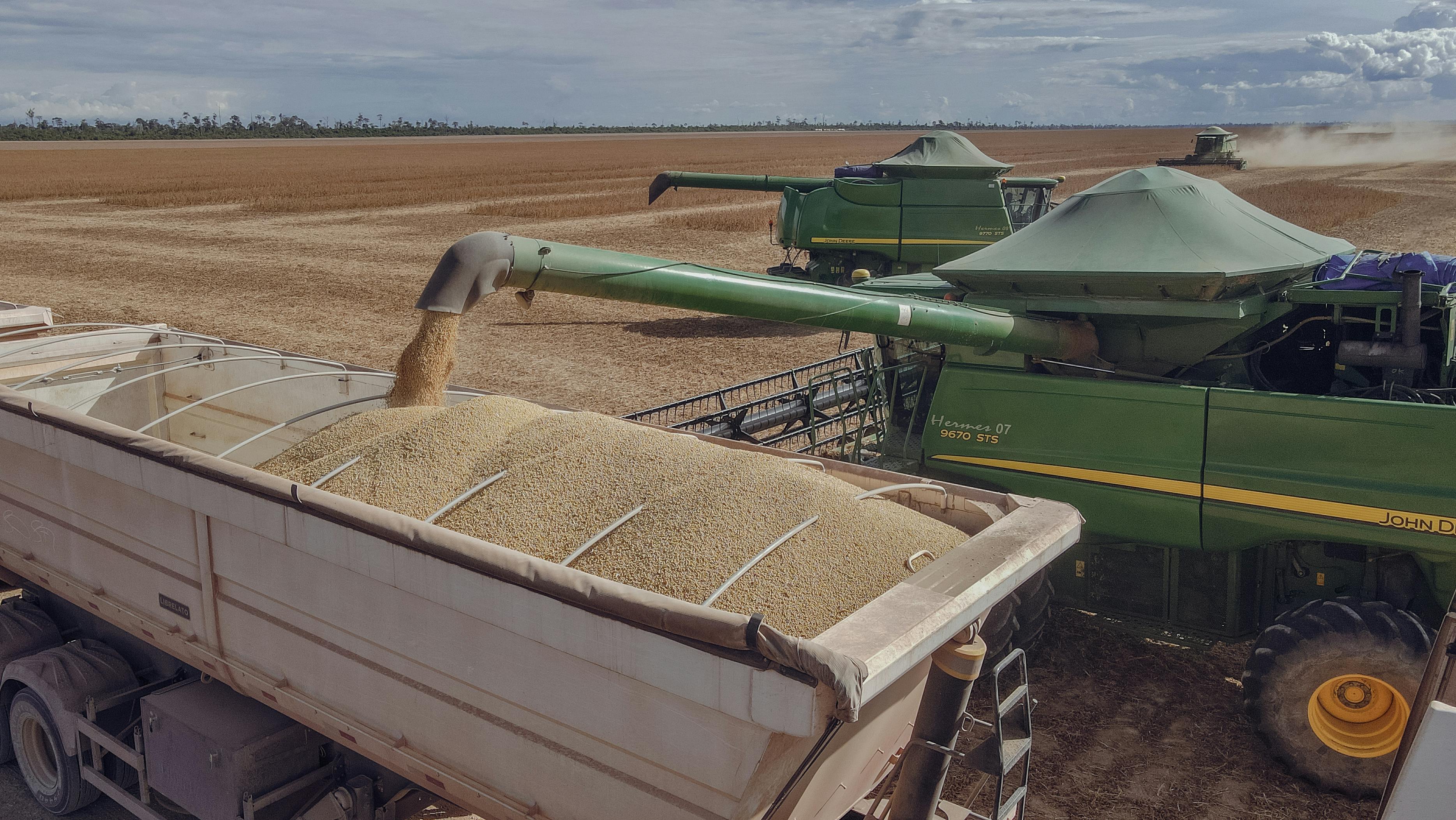
Global Sourcing Excellence
Our strategic sourcing network spans three major agricultural powerhouses, each offering distinct advantages:
United States: As one of the world's largest soybean producers, the U.S. provides cutting-edge agricultural technology, stringent quality controls, and established export infrastructure. American soybeans are renowned for their consistency, high protein content, and reliable supply chains, making them ideal for both food and feed applications.
Brazil: The world's largest soybean producer, Brazil offers exceptional growing conditions in tropical and subtropical regions, competitive pricing, and massive production capacity. Brazilian soybeans provide excellent value while maintaining high quality standards, with increasing focus on sustainable farming practices.
Argentina: A major global supplier known for excellent processing quality and favorable growing conditions, Argentina produces soybeans with distinctive characteristics ideal for specific applications. Argentine soybeans offer competitive pricing and reliable supply for regional markets.
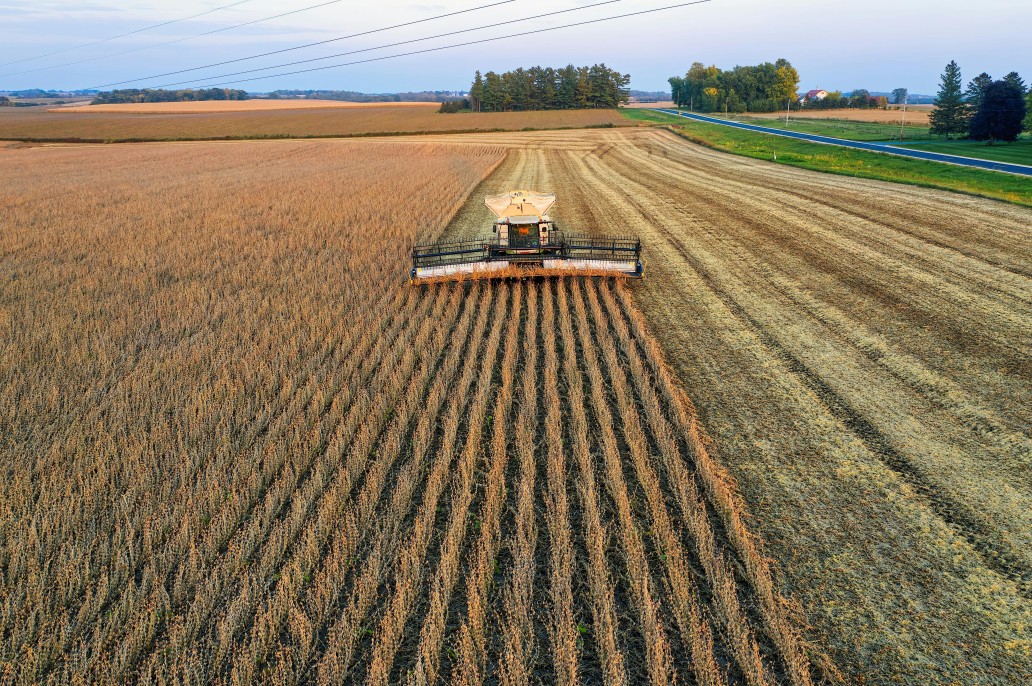
Extensive Applications Across Industries
Soybeans serve as remarkably versatile raw materials across multiple sectors, making them one of the world's most valuable agricultural commodities.
Food Industry Applications
Direct Consumption: Fresh edamame and boiled soybeans provide immediate nutrition and serve as popular snacks and side dishes across Asian markets. These applications showcase soybeans' natural flavor and nutritional benefits.
Primary Processing: Soybeans transform into fundamental food ingredients including tofu, soymilk, and tempeh. These protein-rich products serve as meat alternatives and traditional staples in Asian cuisine, offering excellent nutritional profiles for vegetarian and health-conscious consumers.
Fermented Products: Traditional fermentation creates iconic products such as soy sauce, miso, natto, and fermented bean paste. These applications represent centuries of culinary tradition and continue to drive significant demand across Asian markets.
Plant-Based Alternatives: Modern food technology transforms soybeans into sophisticated meat substitutes and protein powders, supporting the rapidly growing plant-based food sector. These applications offer sustainable protein solutions for environmentally conscious consumers.
Animal Feed Industry
Soybean meal represents the most crucial plant-based protein source for livestock globally, feeding poultry, cattle, swine, and aquaculture operations. The high protein content and excellent amino acid profile make soybean meal irreplaceable in modern animal agriculture, supporting food security through efficient protein conversion.
Industrial Applications
Biofuel Production: Soybean oil serves as a key raw material for biodiesel production, contributing to renewable energy initiatives and environmental sustainability goals. This application supports energy independence while providing environmentally friendly fuel alternatives.
Chemical Manufacturing: Soybeans contribute to numerous industrial products including paints, soaps, cosmetics, lubricants, and bioplastics. These applications demonstrate soybeans' versatility beyond food and feed uses, supporting sustainable manufacturing across multiple industries.
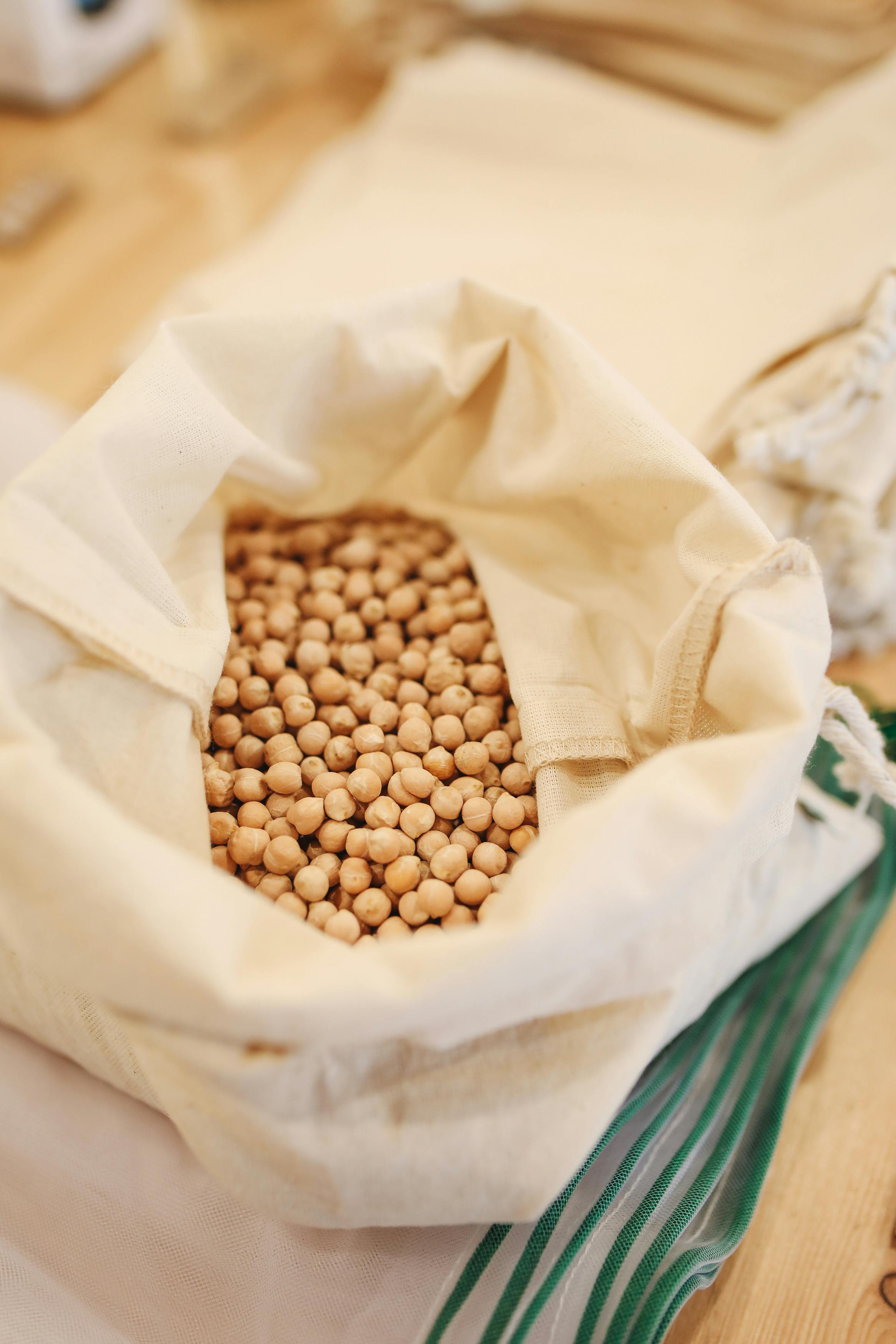
Quality Assurance and Product Specifications
Our comprehensive quality management system ensures consistent product specifications and reliable delivery across all target markets. Each shipment undergoes rigorous testing for protein content, oil levels, moisture content, and contamination screening. We maintain detailed traceability records from farm to destination, ensuring transparency and accountability throughout the supply chain.
Product Specifications
Nutritional Factors
| Component | Content |
|---|---|
| Protein | 36% |
| Soluble Carbohydrates | 15% |
| Insoluble Carbohydrates | 15% |
| Oil | 18% |
Bean Specifications
| Specification | Requirement |
|---|---|
| Protein | 34.8% average |
| Moisture | 14.6% average |
| Foreign Matter | 1% basis, 2% average |
| Poisonous Seeds/Husks | None |
Temperature-controlled storage and transportation protect product integrity during international shipping, while our experienced logistics team coordinates seamless delivery to ports across China, Vietnam, Thailand, and Malaysia. Our established relationships with customs authorities and regulatory agencies facilitate smooth import processes and ensure compliance with local food safety requirements.

Meeting Asia's Growing Demand
As Asia's largest economies continue expanding their food processing capabilities and livestock industries, demand for high-quality soybeans continues growing rapidly. Our strategic position with suppliers in the Americas allows us to meet this increasing demand while maintaining competitive pricing and consistent availability.
Whether you're a food manufacturer developing innovative plant-based products, a feed mill supporting regional livestock industries, or an industrial processor creating sustainable chemical products, our premium soybean portfolio offers the quality, consistency, and supply reliability your business requires. Contact us today to discover how our global sourcing capabilities can support your operational needs and growth objectives.
